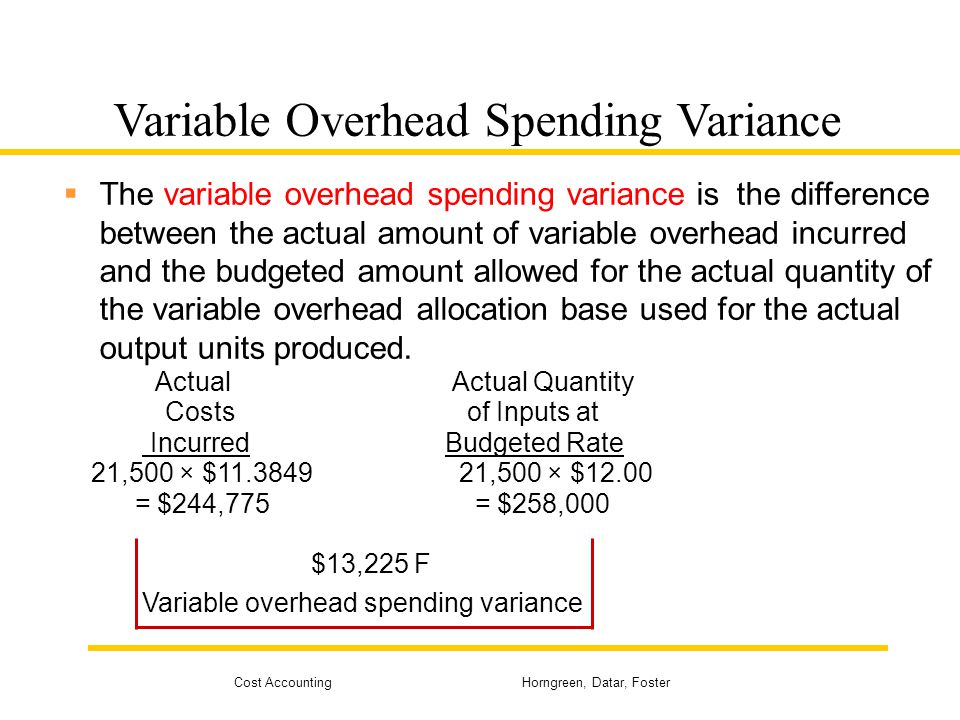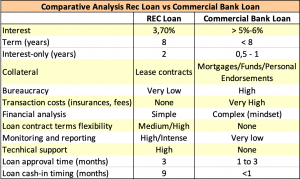
If you prefer to go it alone, consider starting out with accounting software and keeping your books meticulously up to date. That way, should you need to hire a professional down the line, they will have visibility into the complete financial https://www.quickbooks-payroll.org/ history of your business. All small-business owners should consider hiring a professional accountant to handle their tax returns, at the least. When it comes to bookkeeping, some business owners choose to manage those tasks themselves.

Advantages of working with an accountant

A tax preparer is the best choice for people with a strong grasp of their finances and who need simple tax planning. However, if your financial concerns go beyond simple tax preparation, consider hiring a certified public accountant because of more profound professional skills. At the very least, you can expect most bookkeeping services to input transactions, reconcile accounts and send you financial statements regularly. Most services touch base monthly, but in some cases, you can pay extra to receive weekly reports. Depending on the company, you can speak with your bookkeeper (or team of bookkeepers) as often as you’d like or at least a few times per month.
Want More Helpful Articles About Running a Business?
To choose accounting software, start by considering your budget and the extent of your business’s accounting needs. When it comes to the financial aspects of a business, terms like bookkeeping and accounting are often used interchangeably. However, while bookkeepers and accountants share common goals and responsibilities, they support your business in distinct ways — and in different stages of the financial cycle.
Building Better Businesses
Being able to generate the standard business reports and statements required by businesses and the IRS. A bookkeeper also has a duty to keep the information he processes confidential, as he will be privy to sensitive financial information, including payroll salaries. To qualify for the title https://www.kelleysbookkeeping.com/double-declining-balance-method-of-deprecitiation/ of an accountant, generally an individual must have a bachelor’s degree in accounting. For those that don’t have a specific degree in accounting, finance degrees are often considered an adequate substitute. Maintaining a general ledger is one of the main components of bookkeeping.
Skills Needed
- This can cost between $300 and $1,500, depending on your business structure and level of complexity.
- A ledger can be created with specialized software, a computer spreadsheet, or even a lined sheet of paper (although we wouldn’t recommend it!).
- It’s a key component of the accounting process and can be done as frequently as daily, weekly or monthly.
- Both bookkeepers and accountants may charge a flat rate or, more commonly, by the hour.
- The three types of bookkeeping are single-entry bookkeeping, double-entry bookkeeping, and computerized bookkeeping.
CFAs must also pass a challenging three-part exam that had a pass rate of only 39 percent in September 2021. The point here is that hiring a CFA means bringing highly advanced accounting knowledge to your business. However, these certifications are optional; people don’t need one to be a professional bookkeeper.

When a bookkeeper wants to leap to being an accountant, they will need to take the CPA exam, plus earn a bachelor’s degree (most of the time), if they do not have one already. Fifty states plus the District of Columbia require accountants to earn 150 credit hours of college education before taking the national four-part what does it mean to be in the black or in the red Uniform CPA exam. Bookkeepers are usually responsible for documenting or checking financial data for a company or client, including checks received or written, invoices, cost spreadsheets, and monthly or quarterly revenue. A bookkeeper is skilled at keeping documents and tracks a wide net of financial information.
In financial parlance, the terms bookkeeping and accounting are almost used interchangeably. While bookkeeping is all about recording of financial transactions, accounting deals with the interpretation, analysis, classification, reporting and summarization of the financial data of a business. Bookkeeping is the systematic process of recording and organizing a company’s finances. It involves maintaining accurate records of income, expenses, assets, and liabilities, ensuring that a business’s financial data is up-to-date.
Many business owners decide to hire bookkeeping or accounting help when their business finances have become more complicated to manage alone. As you can imagine, there are quite a few differences between bookkeepers and accountants, including the level of education each job requires. Many small business owners attempt to save money by performing the recordkeeping duties of a bookkeeper themselves with the help of automated software, such as Intuit or Quickbooks. This can help save money and keep a small business lean, although it requires a major time commitment and meticulous attention to detail from the business owner.
They analyze the financial data recorded by bookkeepers to provide insights and strategic advice. Their expertise ensures compliance with various financial regulations and aids in making informed financial decisions that impact the company’s long-term success. Accountants not only record financial transactions but also create financial statements, conduct audits, and offer strategic financial advice to help organizations make informed decisions. Accounting is the broader financial discipline that is all about analyzing, interpreting, and reporting a company’s financial transactions and overall financial health. It involves the process of understanding and summarizing financial data, making sense of the numbers, and providing insights into a business’s performance and profitability.
Even if you are using an online system for bookkeeping, delegating an employee with keeping track of it on a daily basis is very important. Now that you understand how bookkeeping and accounting differ, it’s time to decide which one is right for your business. While this decision is personal and depends on your needs and business goals, here are some signs it’s time to outsource your bookkeeping and accounting needs. Bookkeeping and auditing are similar in the way that both of them deal with the financial records of the business involved. Also, the utmost care and due diligence is the way to go for both a bookkeeper as well as an auditor. The Bookkeeper works for the organization, while an auditor can be external or internal.
